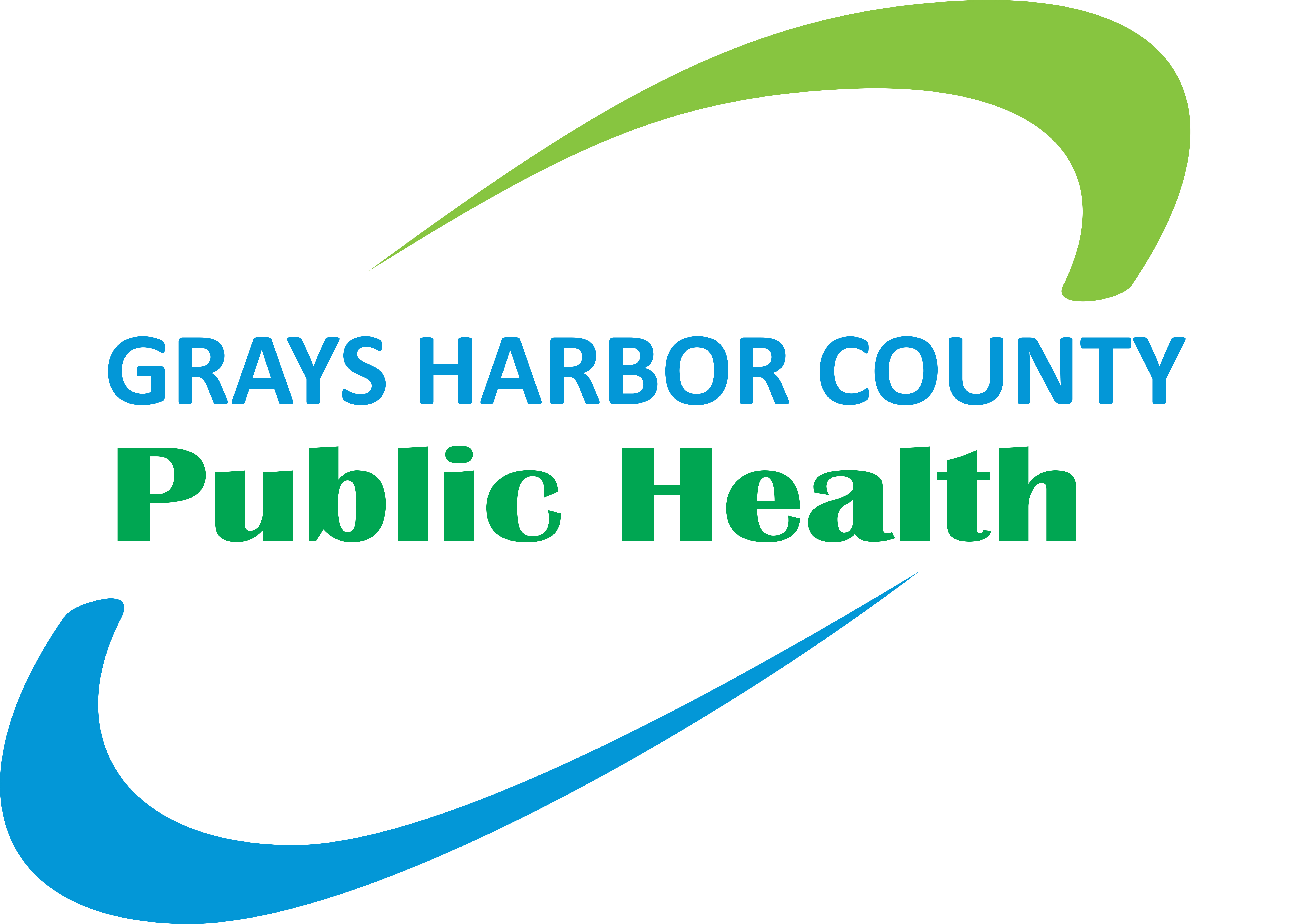Summary: Upgrade screening and preparation for Candida auris.
Two facilities in Seattle have known transmission of Candida auris (C. auris). We have limited information about how much transmission is occurring in Washington. We recommend that you:
- For patients who have received inpatient care at Harborview Medical Center since April 19, screen for C. auris and place them on Contact Precautions (or Enhanced Barrier Precautions in nursing homes) if feasible until results are available.
- For patients who have received inpatient care at Kindred Hospital, continue to screen for C. auris and place them on Contact Precautions (or Enhanced Barrier Precautions in nursing homes) if feasible until results are available.
- Be prepared for and able to admit patients with known or suspected C. auris colonization or infection.
- Implement a routine C. auris screening process that prioritizes all patients at high risk for colonization who are transferred to your facility.
Early screening is critical for rapid identification so you can quickly implement infection control measures and prevent spread at your facility.
Background
As of June 17, 2025, two Washington healthcare facilities have known transmission of C. auris: Harborview Medical Center (Seattle) and Kindred Hospital (Seattle).
Harborview Medical Center (HMC) has detected an increase in patients colonized with Candida auris (C. auris) thanks to robust admission screening and inpatient surveillance. C. auris, a fungus, spreads easily in healthcare settings. Colonization does not cause symptoms but can lead to transmission and new infections, which can cause potentially life-threatening illness.
HMC is working with public health to assess the scope of C. auris and mitigate transmission. HMC is the only acute care facility in the state doing hospital-wide active surveillance, so we have limited information about how many people in the community or other Washington healthcare facilities may be colonized with C. auris and not know it.
Actions requested
- For patients who have received inpatient care at Harborview Medical Center since April 19, screen for C. auris and place them on Contact Precautions (or Enhanced Barrier Precautions in nursing homes) if feasible until results are available.
- For patients who have received inpatient care at Kindred Hospital, continue to screen for C. auris and place them on Contact Precautions (or Enhanced Barrier Precautions in nursing homes) if feasible until results are available.
- All facilities should be prepared for and able to admit patients with known or suspected C. auris colonization or infection. Learn more on how to prepare.
- We recommend you implement a routine C. auris screening process that prioritizes all patients at high risk for colonization who are transferred to your facility (see below for high-risk criteria).
- Make sure your staff knows early screening is critical for rapid identification of C. auris so you can quickly implement infection control measures and prevent spread at your facility.
As the situation evolves, testing guidance will likely change as well. Watch for updated guidance from Washington State Department of Health (DOH) and Grays Harbor County Public Health.
Patients at high-risk for C. auris colonization include those with:
- An admission of 24 hours or more in any healthcare facility experiencing transmission of C. auris.
- Close contact with a patient with C. auris infection or colonization in a healthcare setting, including:
- Sharing a room, bathroom, or patient care equipment.
- Care from the same staff.
- A room near someone with C. auris.
- An overnight stay in the prior year at a healthcare facility outside the U.S., or In a U.S. region with a high burden of C. auris cases.
- Direct admission from a ventilator-capable skilled-nursing facility or a long-term acute care hospital.
- A tracheostomy.
- Colonization or infection with a carbapenemase-producing organism (CPO).
Resources
- Learn more about proactive screening for MDROs such as carbapenemase-producing organisms and C. auris in different types of facilities.
- For more resources on C. auris and other targeted multidrug-resistant organisms, please see the DOH Toolkit.
